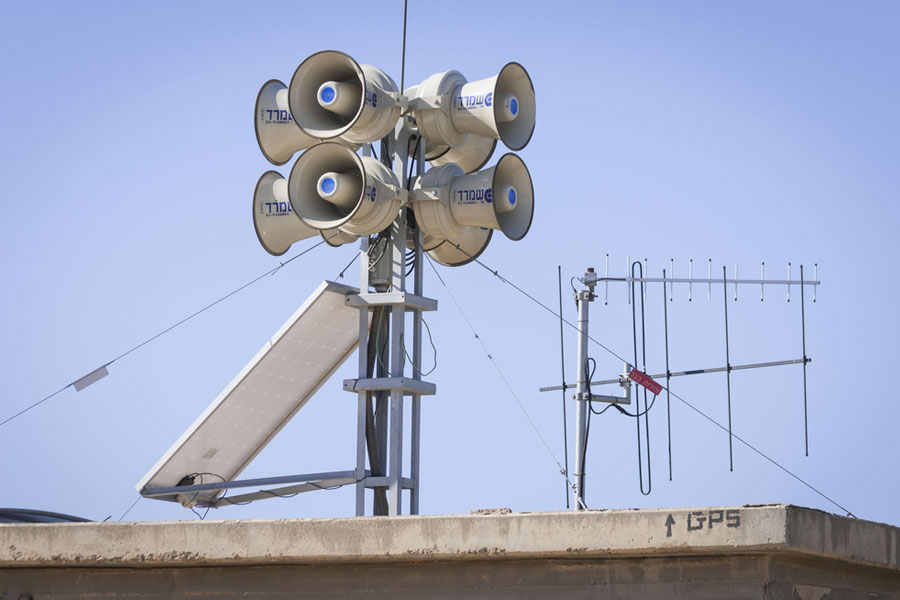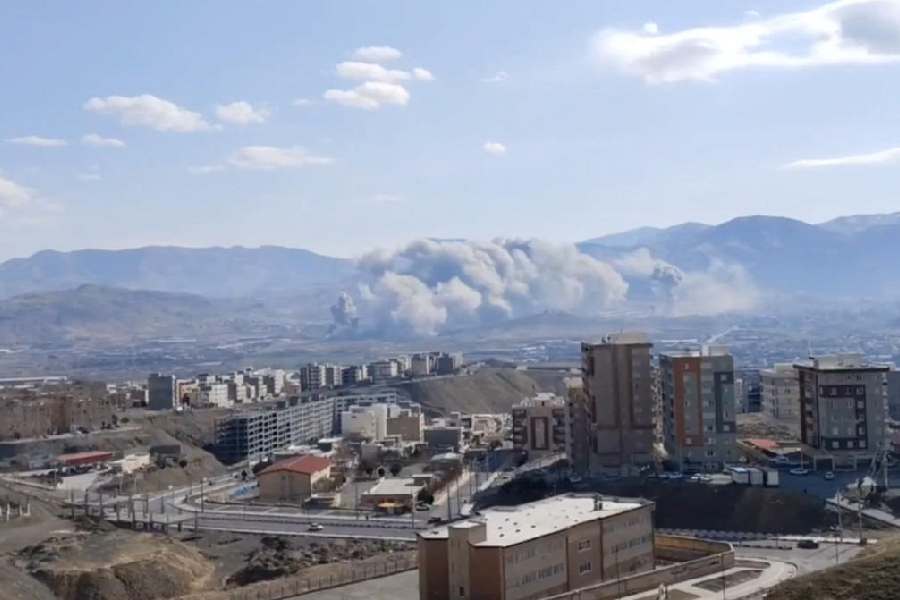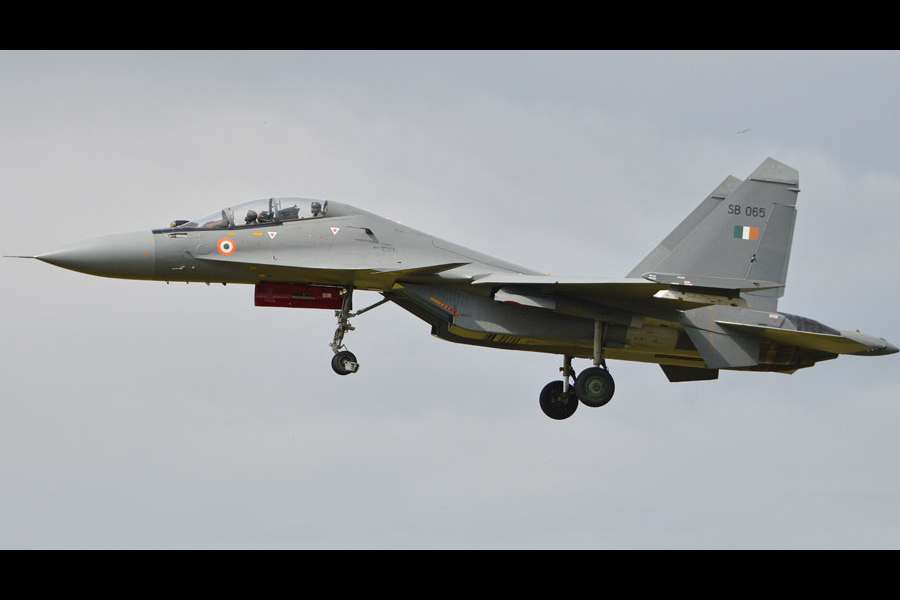Pakistan launched a pre-dawn missile and drone offensive on India from Friday night to early Saturday morning, calling it "Operation Bunyan al-Marsoos" — a military campaign that Islamabad says is its major retaliatory strike.
The name, drawn from a Quranic verse, appears to have been selected by Pakistan to project an image of resilience and unity, portraying its forces as an impregnable front fighting for a cause.
AIMIM chief Asaduddin Owaisi accused Pakistan of distorting the meaning of the Quranic phrase Bunyan al-Marsoos to serve its own political narratives.
“Pakistanis are big liars. They are deliberately misinterpreting the essence of Bunyan al-Marsoos and ignoring the core message of the Quran,” Owaisi said. “The verse preceding Bunyan al-Marsoos clearly states: ‘Why do you say that which you do not do?’ Yet, Pakistan chooses to overlook this and instead twists scripture to justify its stance.”
He further alleged that Pakistan’s selective reading of religious texts is not new. “When Pakistani forces bombed Bangladeshi Muslims during the 1971 war, did they forget the spirit of Bunyan al-Marsoos then?” Owaisi asked, referring to the brutal military crackdown in East Pakistan. “Their popular leader at the time, Zulfikar Ali Bhutto, referred to Bangladeshi Muslims as ‘pigs'.
The New York Times reported, the operation’s name translates to “solid wall of lead” or a “firm and compact structure.”
The verse, cited by Al Jazeera, reads: “Truly Allah loves those who fight in His Cause in battle array, as if they were a solid cemented structure.”
While India has stated that it did not target any civilian infrastructure or facilities, Pakistan's deputy PM and foreign minister Ishaq Dar, in an interview with Geo News, said, “This operation that we started today, it will all end in some way. It all depends on what India wants.”
In the attack late Friday, Pakistan reportedly used drones and missiles, including the Fattah-1 missile, after it claimed India struck three Pakistani air bases—Nur Khan (Chaklala, Rawalpindi), Murid (Chakwal) and Rafiqui (Shorkot in Jhang district)—on the night of May 9-10, as reported by Hindustan Times.
Addressing the media in a news conference held at 4 am in Islamabad, Pakistan military spokesperson Lt Gen Ahmad Sharif Chaudhry confirmed the Indian strikes but asserted, “All assets of the Air Force remain safe.” He claimed India had used air-to-surface missiles in the offensive.












